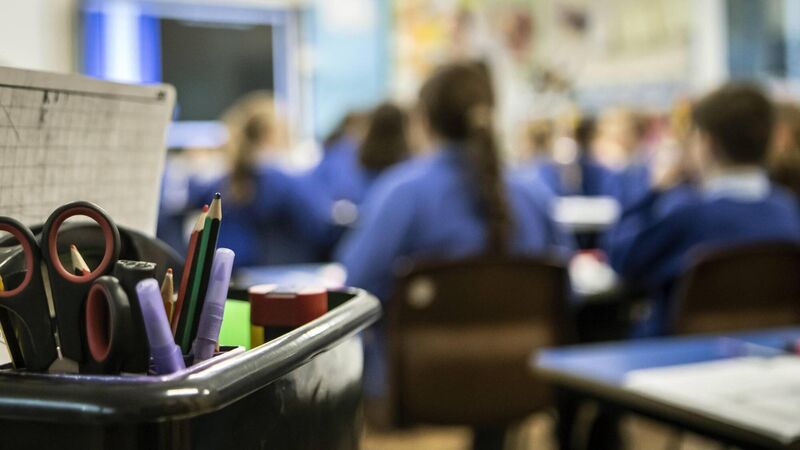Number of chronic absences from school has more than doubled post-covid

More than a quarter of primary schoolchildren, and more than a fifth of post-primary students missed at least a month of school days during the 2022/23 school year.
In her first statement to the Dáil as Minister for Education, Helen McEntee pledged to reverse a trend worrying inspectors and social workers across the country — despite a return to normality, the proportion of children chronically absent from school has more than doubled post-covid.
Before the pandemic, absences from schools had been dropping but despite a return to normality, more than a quarter of primary schoolchildren, and more than a fifth of post-primary students missed at least a month of school days during the 2022/23 school year.











